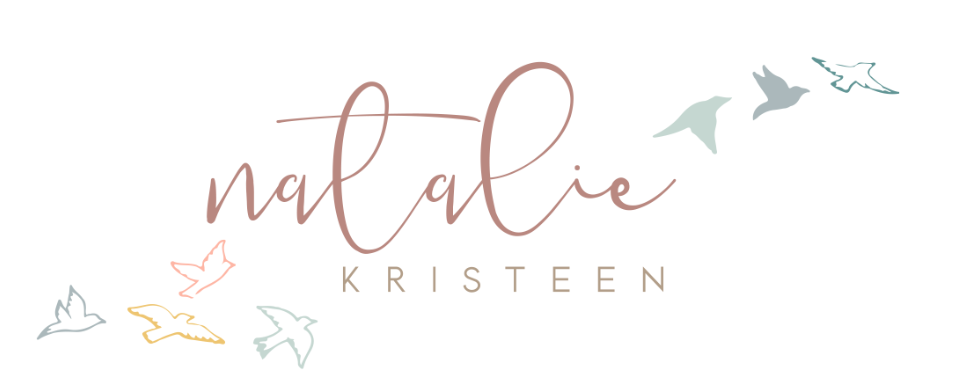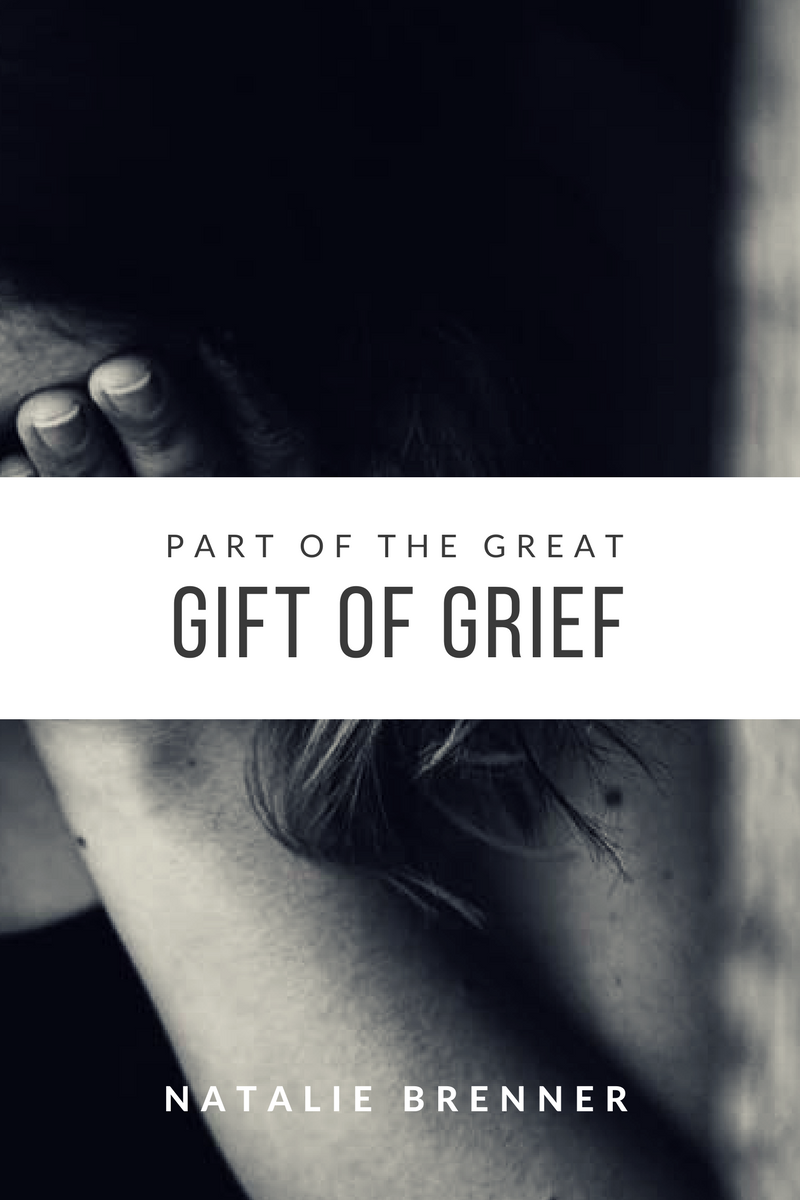Part Of The Great Gift Of Grief
An excerpt from This Undeserved Life: Uncovering the Gifts of Grief and Fullness of Life
Part of the great gift of my grief is unpacking what it means to love others better than I did yesterday.
Grief itself is sprung out of deep, tender love wishing to be found and fostered, and kept safe.
Wading through grief has taught me both how to love well and what isn’t an experience of love: how to perpetuate pain.
Grief taught me both how to respond and how not to respond to other people’s hurt. It has led me to loosen expectations of myself, as well as others, regarding where we need to be emotionally, or how we ought to act.
It is constant hard work to intentionally remove my preconceived ideas of how we should feel or act or respond to life. I am perpetually uncovering subconscious ideas I didn’t know I had.
It wasn’t until I was forced to stare my losses in their faces, to grab ahold of my grief, to claim my pain and decide to process honestly that I began seeing the gifts of grief. I wouldn’t wish loss on anyone; but the reality is we all endure loss.
I wouldn’t know how to listen and have true compassion for others while they are in a lonely state of being, had I not encountered my own darkness.
Compassion means to co-suffer. It isn’t compassion unless you decide to willingly join someone in their pain. To sit in all the uncomfortable feelings, emotions, and realities, and experience their loss as your own to the best of your ability.
You must choose vulnerability and sensitivity to choose compassion.
You must walk barefoot over the broken pieces of someone’s story, allowing each pointed rock to poke your flesh, forcing you to notice the pain.
This is where true friendship lies: among the pointy, pokey, rocks of our story. Where we are broken-up and fragile, thirsting to be seen.
The Christian culture I bought into for many years—the one making me feel ungodly when I was honest—began revealing itself more flawed than ever. The Christian culture I thought was driven by Jesus was appearing to be driven by people who resembled the “religious” and “pious” He rebuked in the Bible.
I wanted to move past this created culture and into a life more meaningful, a life set up for more than just myself and my glorification. I want to live a life fuller than a look-good-feel-good, cute Christian status.
I read somewhere that we only love God as much as we love the person we love the least.
This includes the lazy homeless man you think “should just get a job;" people fleeing for their lives, becoming refugees, leaving everything they’ve always known with a small, glimmer of hope to live and hopefully their children too; people who migrate here, illegally and legally alike, who don’t share our language, but are hoping to find a life where they aren’t constantly behind.
Our relationship with God is half of the coin; the other half is our relationship with everyone else. Including people society deems unwelcome, unworthy, less than. We must learn this and believe this without the need to say, “but—” and justify our unwelcome. We must analyze our hearts and notice how we truly see people: are we viewing all humanity—every one—as an image bearer of God? Or someone breaking the rules and therefore, unwelcome?
Picking up the pieces of my heart stuck in Christian culture, I continue toward Him.
He is always found among the people who are cast out as less-than, as dirty and filthy, as unacceptable, as lazy or overly sensitive.
Look closely, and you'll find Jesus in the messiest of humanity. You'll find Him and it won't be in some pretty, cute form of Christianity.
No, He lived at the bottom rung of society.
This Undeserved Life ranked at #1 in Christian Living & Faith this week (among 5 other categories). Download the first seven chapters free and buy it on Amazon. This week only, it's $2.99 on Kindle.





